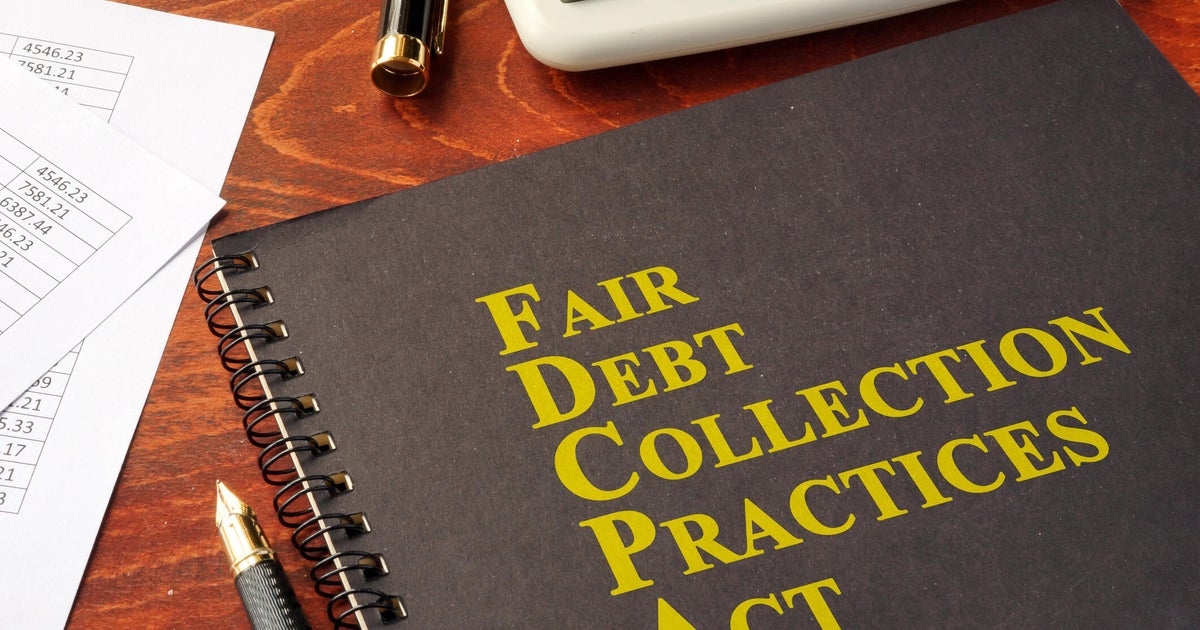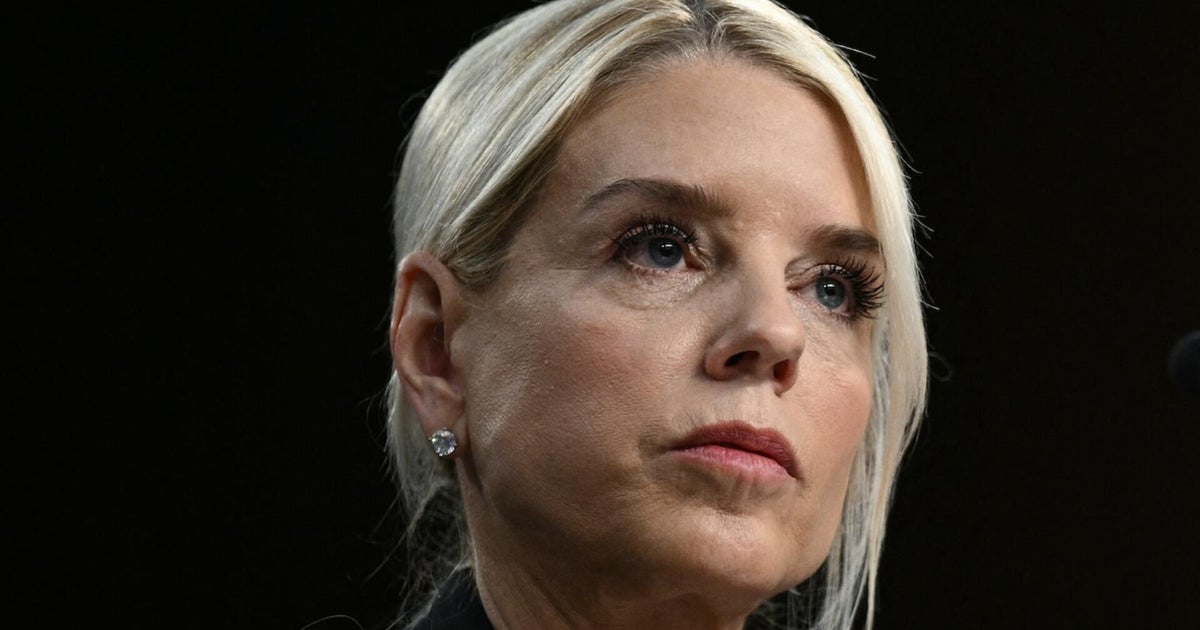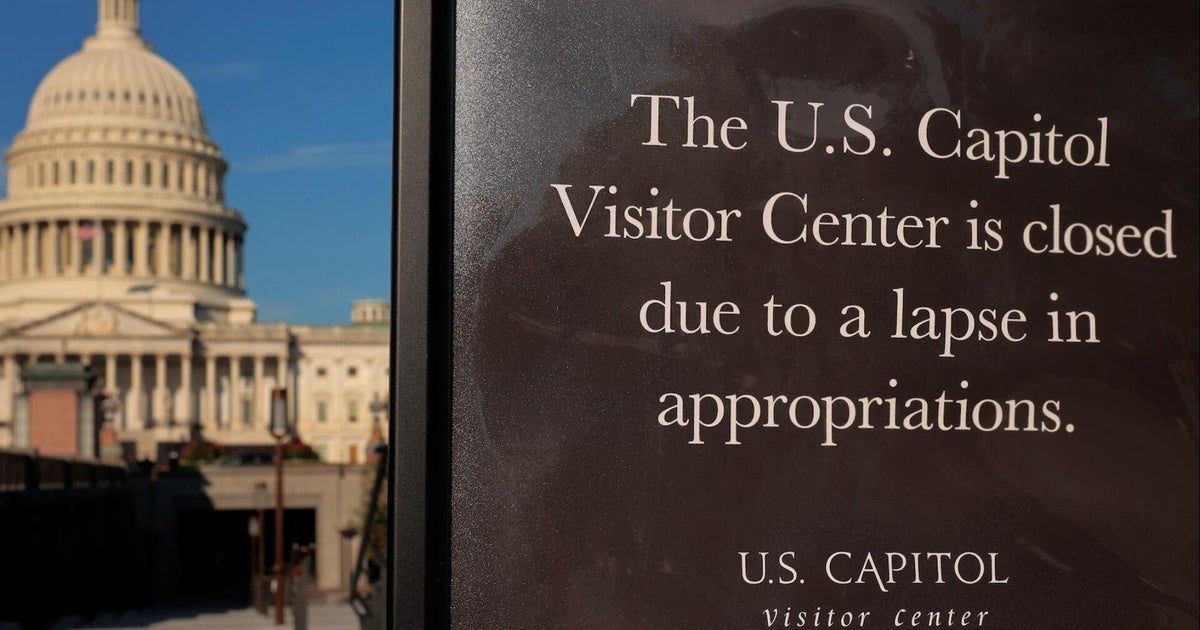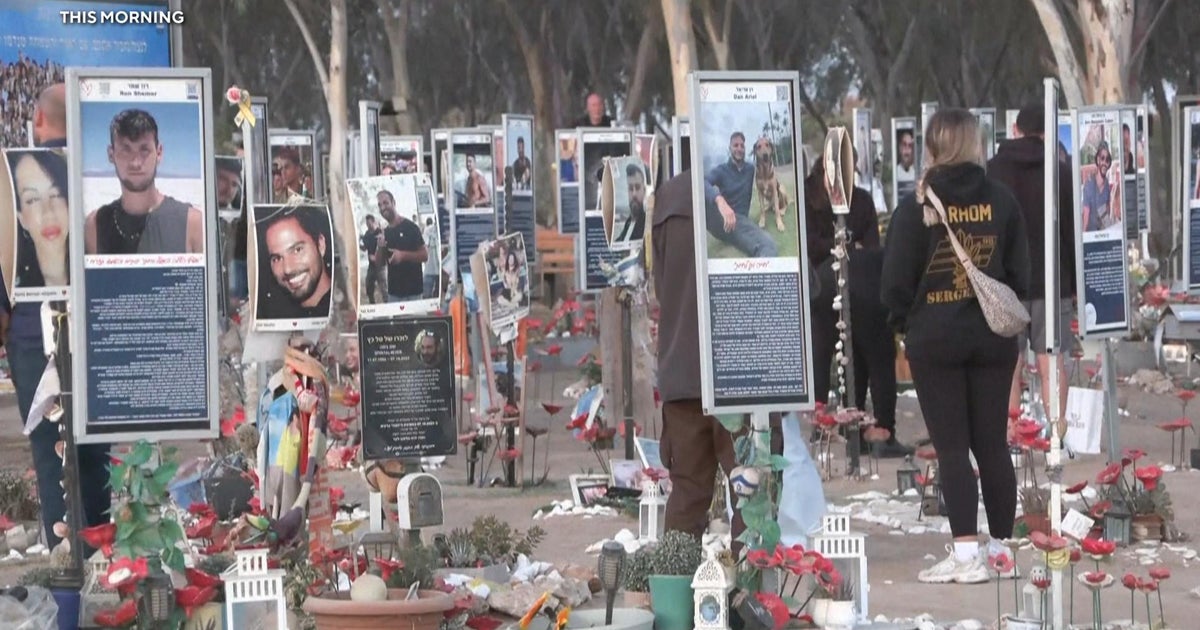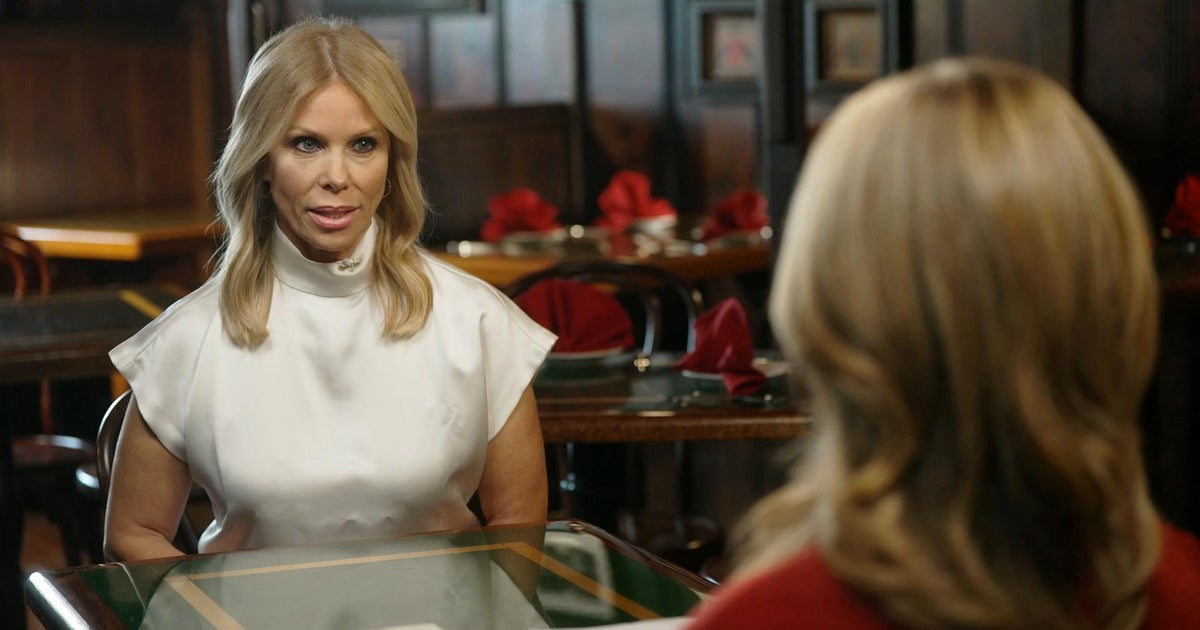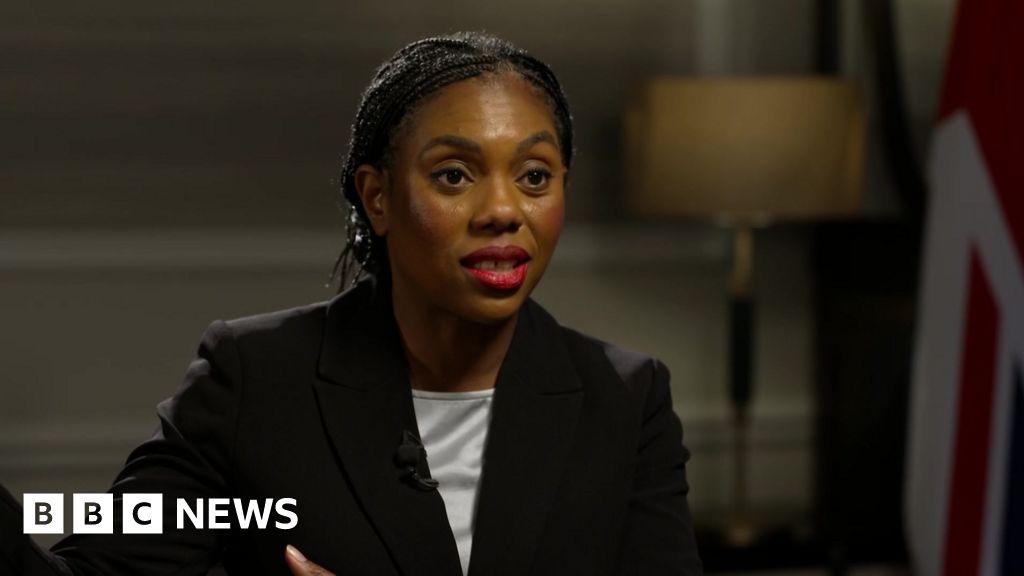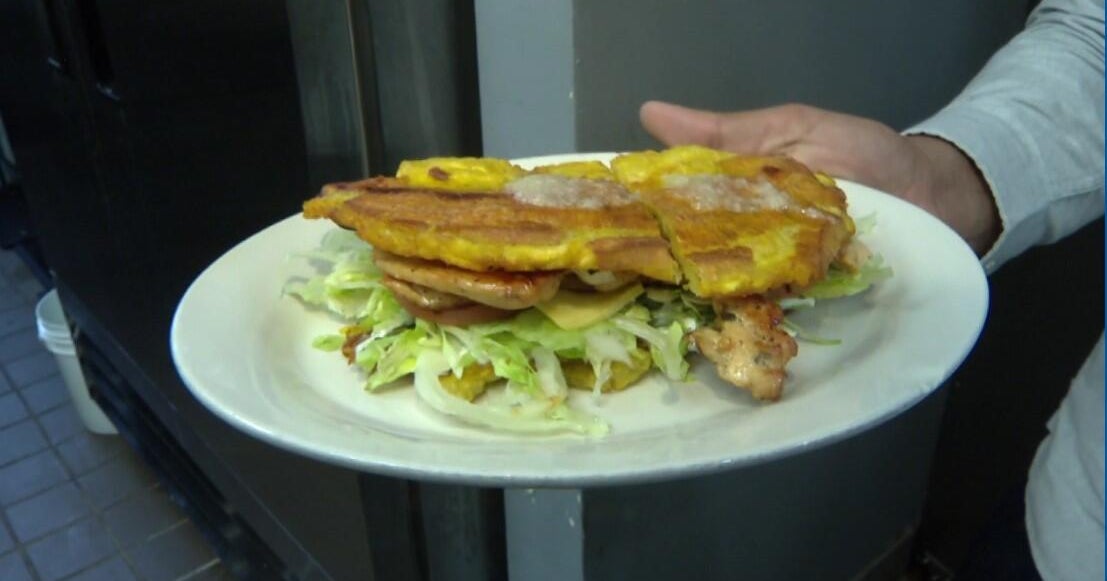By Carmel Bird
October 1, 2025 — 12.00am

HISTORICAL FICTION
The Soldier’s Daughter
Fiona McIntosh
Penguin Random, $34.99
Fiona McIntosh is known and loved for both the depth of her research, and the powerful emotional charge of her narrative. Readers of her 2020 novel, The Champagne War, will be delighted to know that this new one is its sequel. The anchor now is not the production of champagne, but that of whisky, with an astonishing amount of academic and historical detail about the industry and its methods. While Charlie Nash, now a widower, trained as a chemist, was the main character of the earlier novel, this time his daughter, Violet, “pragmatic and searingly intelligent”, is the star. Although Charlie has a highly significant part to play, Violet’s complex search for her perfect man is central to the tale.
The trenches of World War I continue to cast their shadow on the characters’ lives, but the plot is driven by optimism, as it moves from Scotland to Tasmania, with its “cleanest, brightest air”. There is now a focus on the last days of the Second World War.
The novel navigates the horrors, the griefs, the sacrifices, and sometimes the rare gifts of war in the 20th century, tracing lives across both World Wars with a delicate accuracy. There are many rich anecdotes from various characters’ earlier experiences that form a background to the fabric, as well as moments of straight information such as how Glenfiddich Distillery came into being. The novel also foregrounds both champagne and whisky as motifs, employing these in a most original and detailed way throughout. London, France, Scotland, Tasmania – these all provide a vivid canvas on which the action takes place.
More than a hint of romance enters when Charlie leaves Violet in Tasmania and takes up the role of Resistance spy in France in 1944, hoping also to find the woman who was his first love. He was “always the brave soldier, prepared to sacrifice his life to save others”. Violet, ever the efficient businesswoman, also now feels the need for a love affair. Even so, she finds fulfilment in the very task of making whisky: “Everything about whisky is romantic. It’s a marriage”. Enter John Cameron from the Hobart brewery. Is he the man who could, as her mother once told her, “share her passion”?

The prolific Fiona McIntosh returns.
The narrative skilfully balances the various tensions and uncertainties of Charlie’s and Violet’s lives. In some ways, it plays them off against each other, with chapters taking the reader now to Tasmania, now to Charlie’s “adventures” in France. Charlie’s exploits in love and war are particularly infused with shock and drama.
When the war is over, and Violet leaves Tasmania to go to France, the novel takes on a sombre yet sentimental tone for a time. There is a considerable amount of almost psychological analysis of Violet’s character and motives, of her relationship with her father, and of her need for love.
After all the troubles and uncertainties, the final 60 pages take on the flavour of romantic fiction. The reader sees it coming, but the revelation is a sweet relief. Charlie’s old flame, Sophie, echoing the thoughts of the reader, tells Violet she wishes she could see her “bridal veil fluttering across the barley fields”.
Loading
Unbearable heartbreak and anguish associated with war are the dominant themes of the novel, with the remaining characters striving to find their purpose in being spared. Violet recalls her late mother’s belief that an act of forgiveness is “the mark of the strongest soul”. With this idea as her guide, she finally takes the action that will lead her to the resolution of her problems. As her father always told her, she decides to trust her instinct, even though it is leading her into a vineyard full of German landmines. The result is the beginning of the narrative’s happy ending, which only comes after gruelling analysis of emotional positions.
The saga, begun in The Champagne War, concludes, two world wars have been navigated and a blessed peace reigns.
The Booklist is a weekly newsletter for book lovers from Jason Steger. Get it delivered every Friday.
Most Viewed in Culture
Loading



